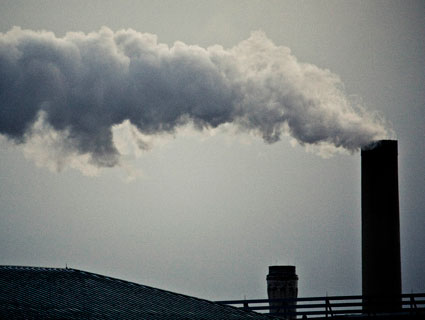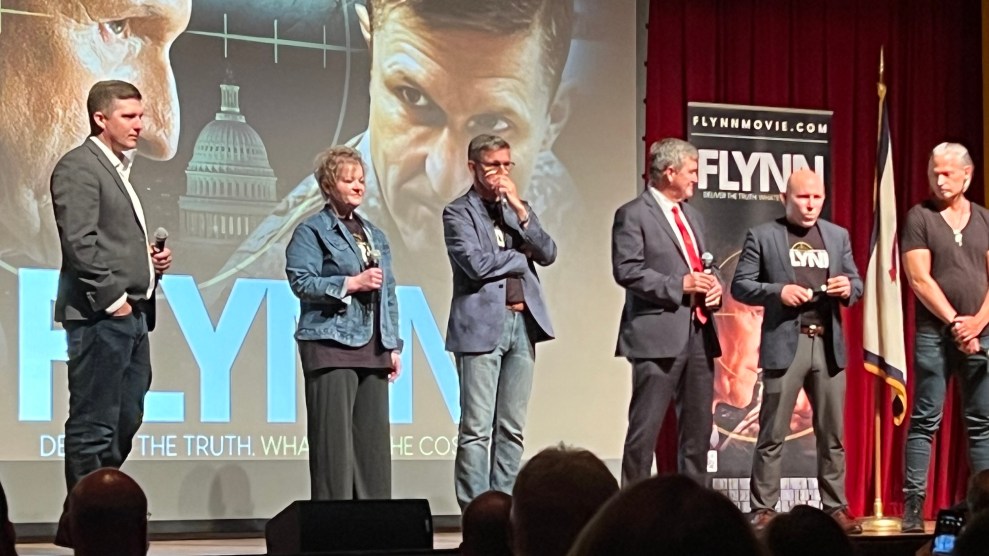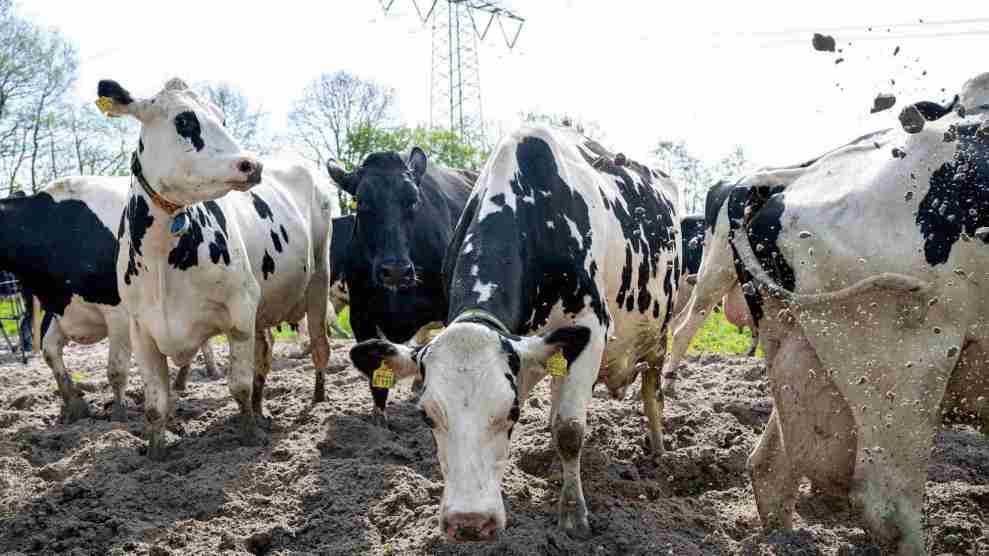
Rachel Johnson/<a href="http://www.flickr.com/photos/rachel-johnson/4312031431/">Flickr</a>
Fewer states this year are violating national smog standards, according to a survey by the non-profit Clean Air Watch. But that comes with a major caveat, the group says: Those standards were previously strengthened by the Bush administration in 2008, but stopped short of what Environmental Protection Agency scientists recommended. Now, Obama’s EPA says those recommendations should be embraced in order to protect against serious health risks. But, due to pressure from industry groups, the EPA has repeatedly delayed releasing the stricter rules since writing them up in January 2010.
Clean Air Watch found that this year 22 states—including New York and Pennsylvania (plus DC), where a heat wave is further compromising air quality right now—have experienced smog levels exceeding the current standard of 75 parts per billion. That’s down from 38 states last year. But states should actually aim for smog levels between 60 and 70 parts per billion to reduce health problems “ranging from aggravation of asthma to increased risk of premature death in people with heart or lung disease,” the EPA says.
The American Petroleum Institute—the chief lobbying group for oil companies—argues that the Bush-era change went far enough. States that exceed the smog limit risk fines and federal highway funding, so some lawmakers are concerned that a rule change would cost their states money and jobs. And it’s true: The EPA estimates that beefing up its standards would eventually cost states as much as $90 billion a year. However, the EPA contends, stengthened standards would produce health benefits worth a commensurate amount and save up to 12,000 people from premature death by 2020.
Late next month, the agency is scheduled to decide whether to go forward with the new rules. If the EPA does enact stricter smog controls, it has said it would give states until the end of 2013 to submit proposals detailing how they would bring problem areas into compliance. Those rules would then be phased in from 2014 to 2031 with extra time given to the dirtiest regions of the country, which include the Northeast, Southern and Central California, Chicago, and Houston.













